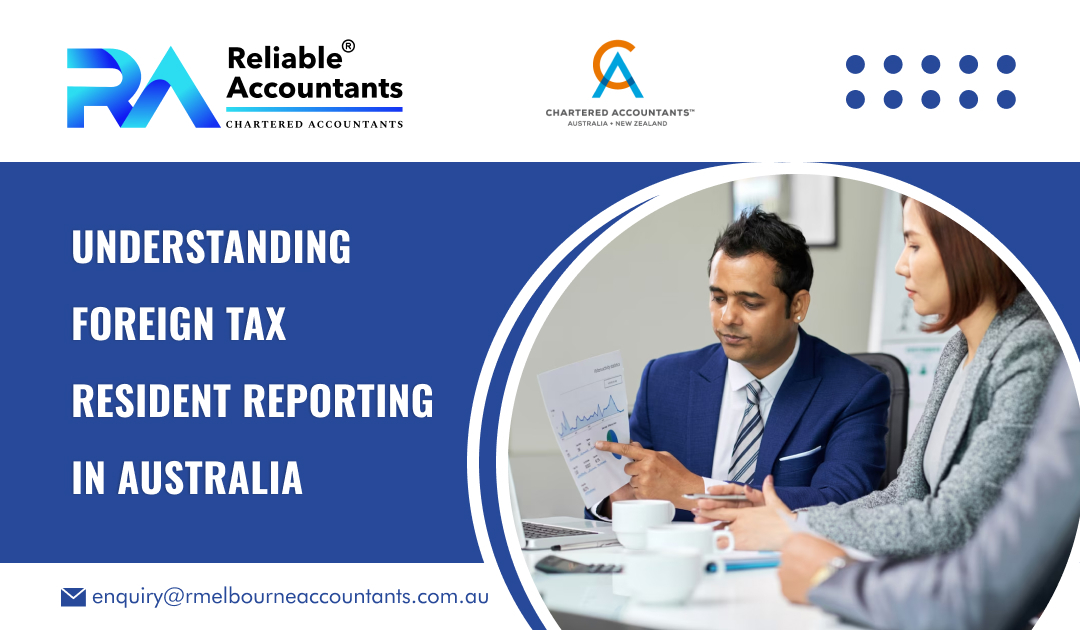Are you a foreign tax resident in Australia? Stay tuned to learn about important reporting requirements. Let’s break it down step by step. If you’re already an account holder in Australia, your financial institution may contact you to confirm your tax residence. Opening a new account: As of July 2017, you’ll need to certify your tax residence. When you open one for entities like companies and trusts, there are specific requirements your financial institution needs to follow.
Remember if your bank contacts you, it’s important to respond promptly, providing false information can lead to penalties so be truthful. Your information is shared securely with tax authorities worldwide to ensure fair taxation. Rest assured your data is handled confidentially and protected by international treaties.
What is Foreign Tax Resident Reporting?
Australia is only one of many nations that have agreed to follow new international guidelines for the automatic sharing of financial account information. Financial institutions all around the world are obligated by law to gather this information for reporting to tax authorities. These details will be shared amongst tax authorities to ensure that everyone pays the appropriate amount of tax.
The Australian government has passed legislation and signed agreements with other nations. You might be impacted if you’re a banking institution customer. The automatic exchange of information (AEOI) is implemented by these laws:
- The US under a system called the Foreign Account Tax Compliance Act (FATCA) – this is for citizens and tax residents of the US and applies from 1 July 2014
- other nations under the Common Reporting Standard (CRS) – the CRS is applicable for all foreign tax residents from 1 July 2017.
It simply means that Australian financial institutions have to address accounts held by foreign tax residents. They need to report these accounts to the ATO. The ATO will then report the account information to authorities of foreign tax. In the same way, overseas financial institutions need to address their Australian tax residents and report their accounts via their local tax authorities to the ATO.
What if you have an existing account?
In case you have an existing account, your financial institution is required to contact you to confirm your country of tax residence. This is done to establish whether you’ve any accounts that you are required to report under FATCA or the CRS laws.
They may also get in touch with you if their records imply that you could be a foreign tax resident. This could be the result that you may have given an address or other data for a country outside Australia.
What if you open a new account?
Your financial institution may ask you to certify your residence for tax purposes from 1 July 2017, if you open a new account. Additionally, they may ask you to give documentation and forms. This condition may apply to many types of financial accounts. Being a foreign tax resident, you will be required to give your tax identification number (TIN) or equivalent. This number is used to address you to the tax authority in the foreign country. If you don’t have one, then you are required to give a specific reason.
Accounts held by entities (such as trusts, companies, partnerships, associations)
If you are opening a new account on behalf of a legal entity (such as a partnership, trust, association, or company), your financial institution will get information from you about:
- The entity’s tax residence
- The business’s nature of an entity
- In some situations, the individuals who own the entity or have a connection with the entity and this includes their tax residency and their tax identification number or equivalent if they are a tax resident not in Australia.
Your financial institution may get in touch with you for this data for your existing accounts. It will help them comply with their obligations under CRS laws and FATCA.
Conclusion
If you need more information on foreign tax resident reporting, then you can reach out to the tax authority of your tax residents and stay informed and compliant. For more details, you can seek help from Reliable Melbourne Accountants.

